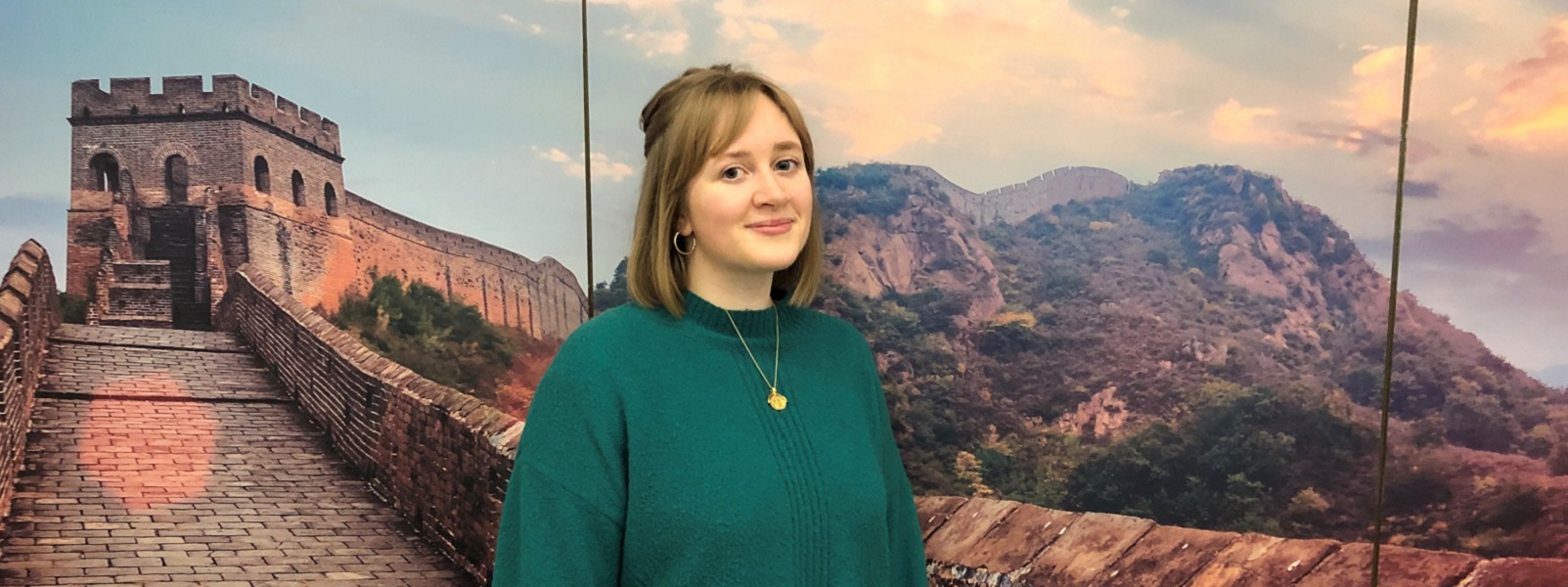What inspired you to continue your studies at Strathclyde?
I began my undergraduate degree at Strathclyde in 2010. I dropped out of my first degree at Glasgow in 2009 and spent a year working before returning to education, and at Strathclyde I felt I had found the degree that was the right fit for me. I graduated in 2014 and had decided that I wanted to continue exploring my interest in animal studies, a field I had been introduced to via my undergraduate dissertation supervisor, Prof Erica Fudge, and the British Animal Studies Network, which is based at Strathclyde. I was lucky to receive funding for the MLitt in Literature, Culture and Place, which allowed me to continue my work in Victorian animal studies, before beginning my PhD in 2015.
What project(s) are you working on now as part of your PhD?
My PhD uses work from animal studies, urban studies, and periodical studies to examine the cultural significance of the overlooked sensational Victorian newspaper the Illustrated Police News, which reported on the strange and extraordinary events of nineteenth-century urban life. I have also worked on projects relating the digital humanities and organised a postrgaduate workshop on computational methods for text analysis in 2018, and also brought these skills to my undergraduate teaching at Strathclyde.
Have you experienced any challenges when working towards your PhD?
A PhD can be an isolating experience, as you’re no longer learning in a group environment, and you’re not being regularly graded on your work, so there’s none of the consistent validation of an undergraduate degree or taught Master’s, and this can be difficult to adjust to. Your work is self-directed, and it can take a while to know where you’re going or what you’re supposed to be doing. I found the second year of my PhD to be the most challenging, as I’d done the majority of the primary research in the first year, and then had to figure out what I was going to do with all of it in the second year!
What do you think of the support available at Strathclyde?
I’ve really enjoyed my time at Strathclyde. The staff in my department are interesting and supportive people, and I’ve made many good friends through the graduate school, which I’ve always found to be a welcoming environment to work in.
What would be your advice for people considering a PhD?
Choose a project you’re genuinely interested in and passionate about, and choose supervisors that you can work well with and who are interested in you and your research.
And if you do decide to to a PhD, accept early on that everything isn’t going to go as you planned, but that’s not necessarily a bad thing. Don’t let it take over your life – you’ll be a very boring and very miserable person. And accept that things will take about 3 times as long as you imagine they will.
